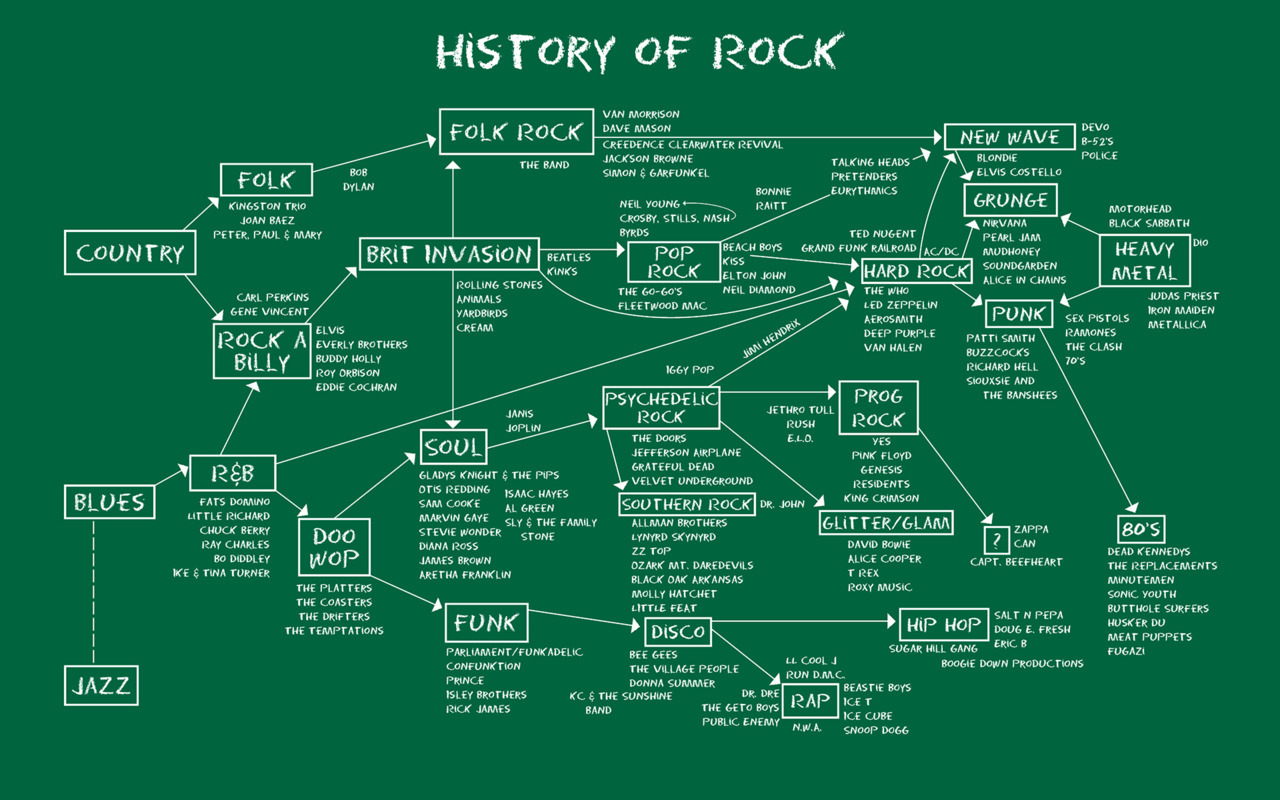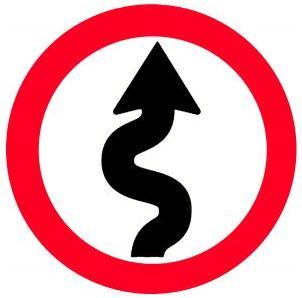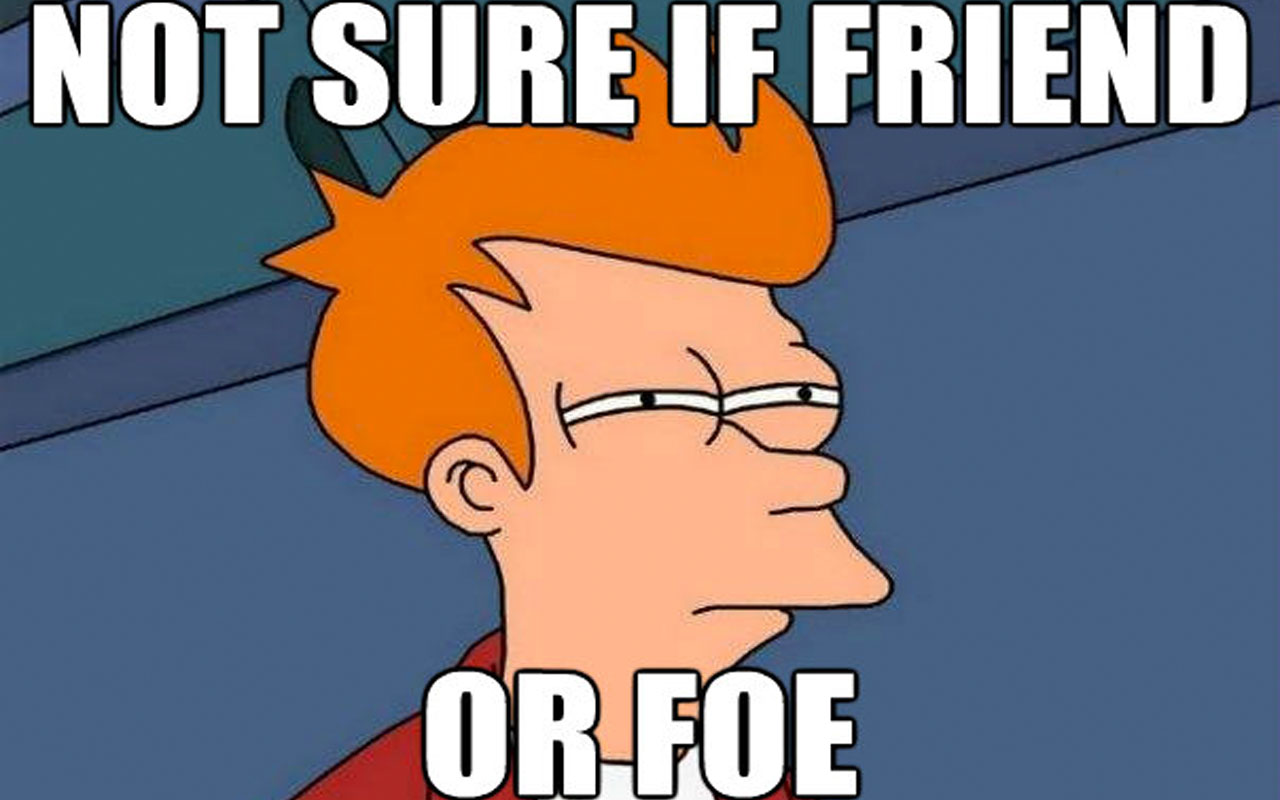According to the route definition of the “Greatest Happiness
Principle” that we received in class, it states that “acts are
morally good in as much as they produce the greatest amount of
happiness for the greatest number of people.”
This definition of morally good that John Stuart Mills is working
with conceptually makes sense, but has inherent flaws. His entire
concept works with producing the greatest amount of happiness for the
most people. This can be used against minorities. For the two million
Armenians in Turkey during World War I, clearly being deported and
massacred would not be filed under “good”. However, if a large
majority of the Ottoman Empire's 21 million people felt strongly that
they would be happier by removing the Armenians. It would be good. If
only three million felt this way and the rest were indifferent it
would still be producing the greatest amount of good.
Genocide is not morally right. Much like lying isn't morally right.
However, this principle operates under creating the most happiness,
and what's more determining what is morally right based on that.
Minorities are not protected by that. If we enslave this group, we'll
be happy says the majority. If we persecute this group and
marginalize the roles they can play in society we'll be happy says
the majority. This religion scares us says the majority. Let's have
them killed.
All of these actions would be considered morally good under this
principle. That is clearly a faulty principle on which to determine
what is morally good. As a way to work through the world it makes
coherent sense, but it leaves out what happens to the people who
aren't made happy by these choices. What's more it dehumanizes them
and says that there experiences and pains are inconsequential,
because everyone else is happy.































